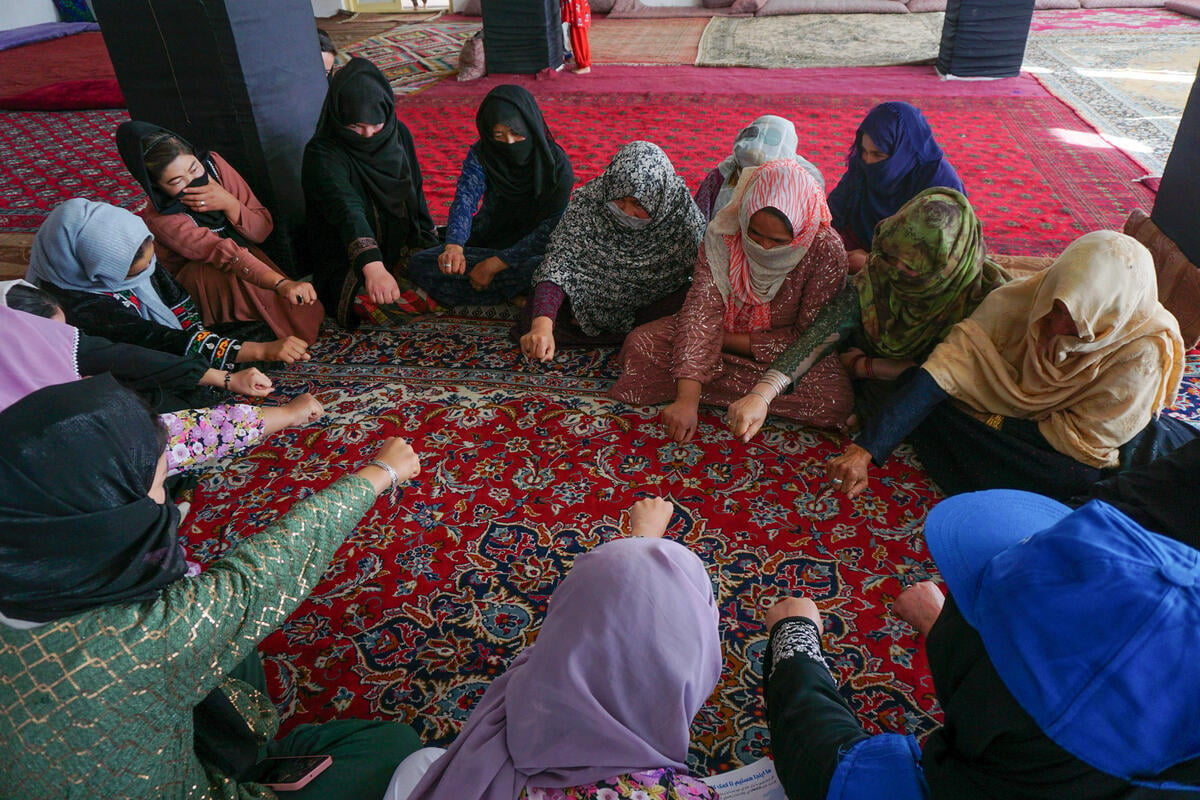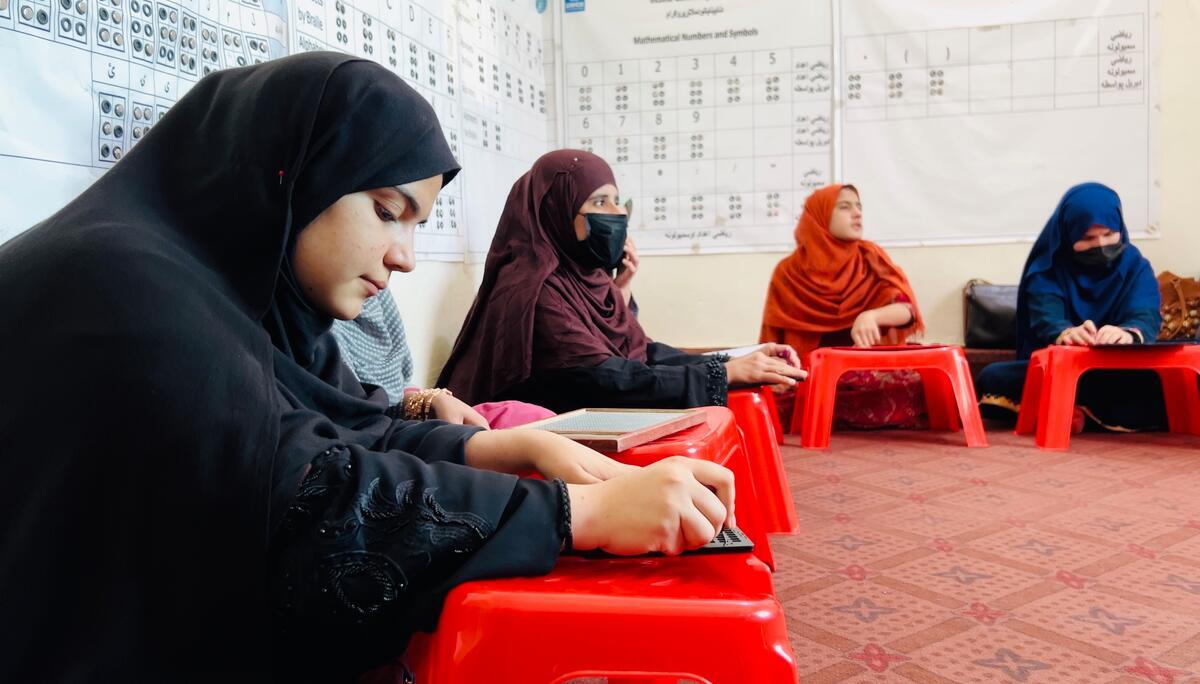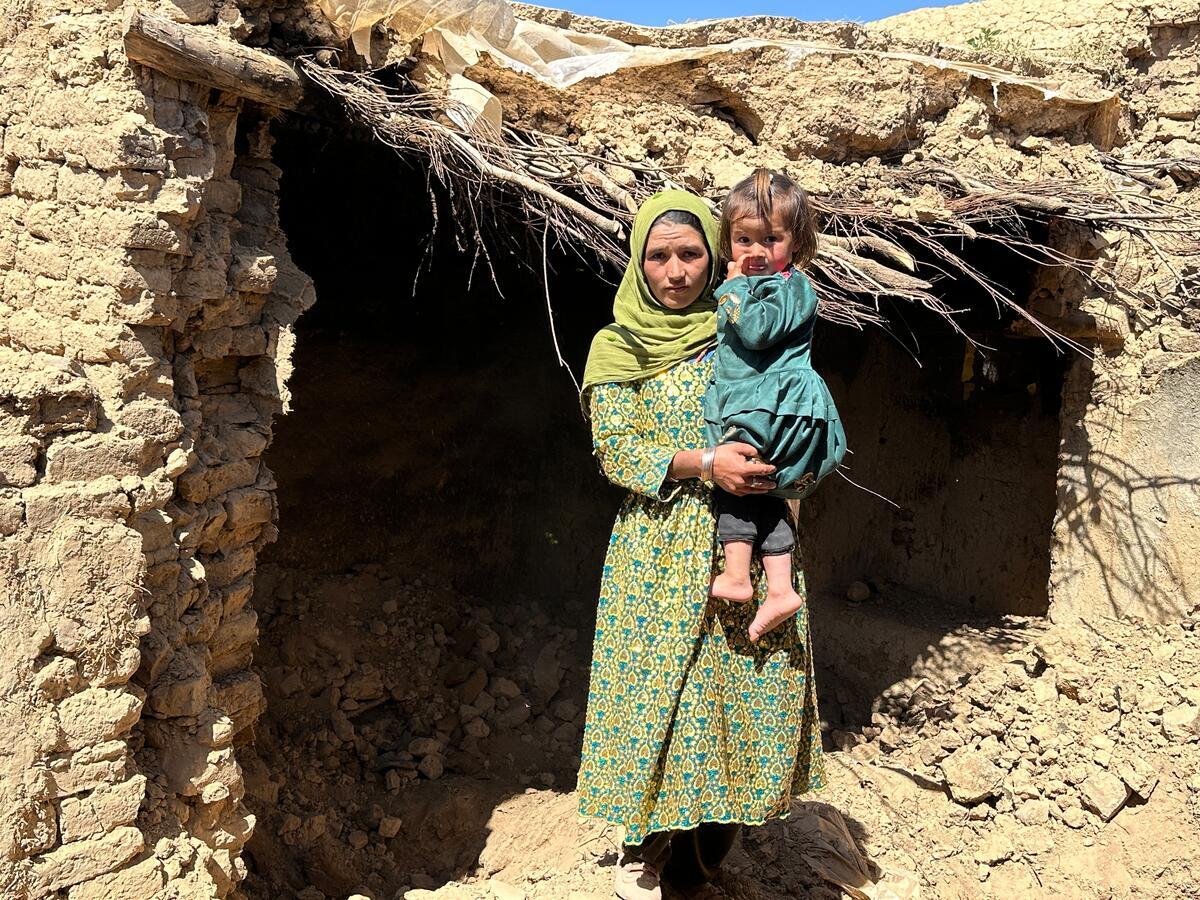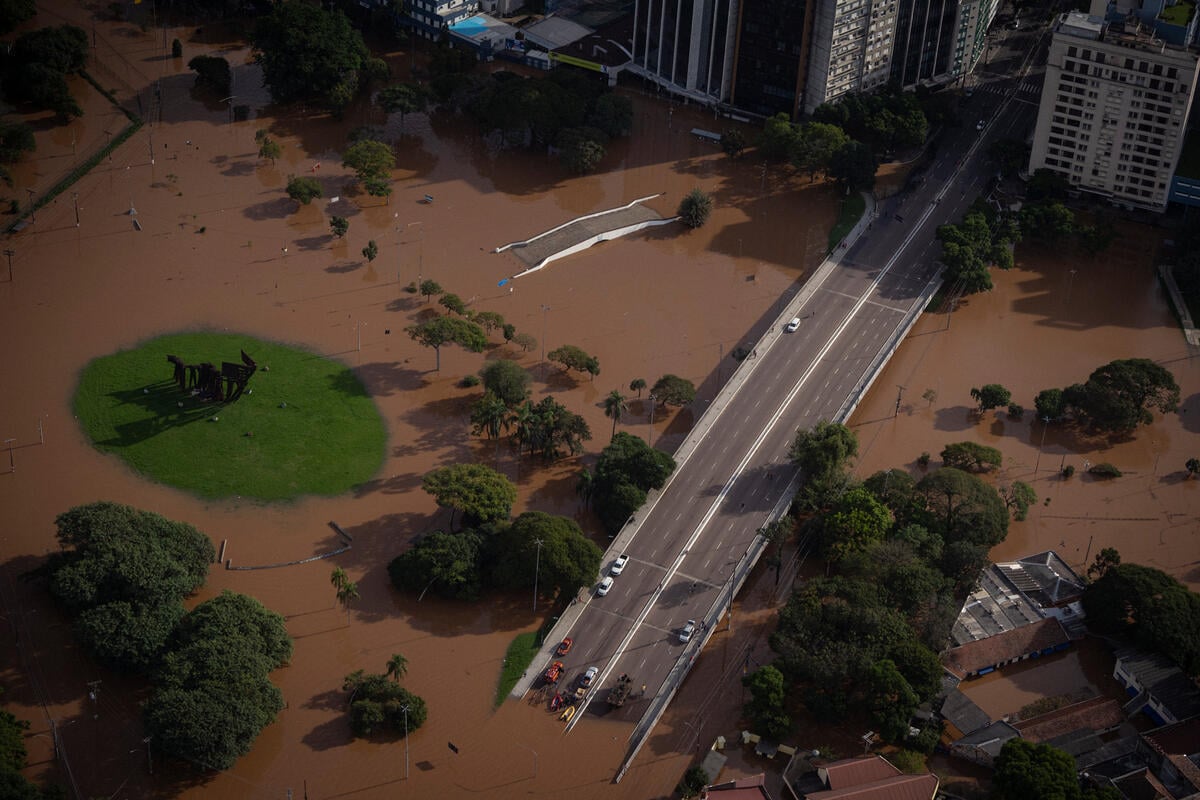Afghanistan consultations in Brussels tomorrow
Afghanistan consultations in Brussels tomorrow
High level consultations between Afghanistan, Pakistan and Iran on how to manage population movements to and from Afghanistan in the coming years are scheduled to take place in Brussels tomorrow (Wednesday). The consultations will be co-chaired by the European Commission and the UNHCR's High Commissioner for Refugees Ruud Lubbers.
More than three and half million Afghan refugees have returned home since the start of UNHCR's voluntary repatriation programme in the spring of 2002 - by far the largest repatriation operation the refugee agency has ever undertaken. Today, some two to three million Afghan refugees are still in neighbouring Iran and Pakistan. While it is expected that a significant number will choose to repatriate with UNHCR's assistance, it is also clear that some Afghans will want to remain in their countries of asylum. Many Afghans have lived abroad for two decades or more and are well integrated, productive members of society in their adopted countries.
UNHCR recognised the need to address the reality of this situation and set up a special project to explore possibilities for Afghans staying outside their country. Talks have been ongoing with the governments of Afghanistan, Pakistan, and Iran on this issue for the past year. With Afghanistan well on the way towards stability and development, population movements in and out of the country can no longer be treated as a refugee issue only. Wednesday's meeting in Brussels will focus on how to develop a broad migratory framework which could address the needs of Afghans living outside their country as well as those of their host countries.
To help develop such long-term policies, the government of Pakistan and UNHCR will conduct a nationwide census of all Afghans living in Pakistan later this month. The census will record vital information such as date of arrival, place of origin and of current residence, and intention to repatriate. It will provide the first comprehensive picture of the number and current activities of the Afghans who arrived in Pakistan since their country dissolved into war a quarter of a century ago. In Iran there are currently 960,000 Afghan refugees, and pre-census estimates put the Afghan population in Pakistan at 1.2 million in the camps plus an indeterminate number living in urban areas.









